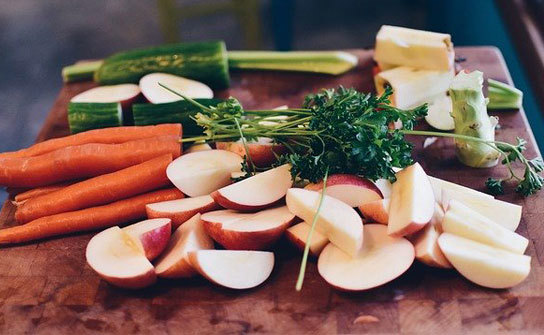 June-03-2023
June-03-2023
View: 1

Composting is another excellent way to dispose of fruit and vegetable waste. Composting involves the natural decomposition of organic materials into nutrient-rich soil.
When it comes to disposing of fruits and vegetables, there are several eco-friendly methods that can be employed. One option is to give fruit and vegetable culls to local food banks or other charitable organizations. While these culls may not meet the visual standards for sale, they can still be nutritious and provide sustenance to those in need. Donating these edible but imperfect fruits and vegetables helps reduce waste and supports communities by ensuring that food resources are utilized effectively.
Composting is another excellent way to dispose of fruit and vegetable waste. Composting involves the natural decomposition of organic materials into nutrient-rich soil. Fruit and vegetable scraps, along with other compostable materials like coffee grounds, tea bags, and eggshells, can be collected and placed in a compost bin or pile. The compost pile should be turned regularly to provide oxygen and moisture, facilitating the breakdown process. Over time, the organic waste will transform into compost, which can be used to enrich the soil in gardens, plant beds, or potted plants. Composting not only reduces waste but also provides a valuable resource for sustainable gardening practices.
For those without access to a composting setup, another option is to bury fruit and vegetable waste directly in the ground. By digging a pit in the garden or yard, fruit and vegetable scraps, as well as leftover food and plant leaves, can be buried. Over time, these organic materials will decompose naturally, enriching the soil and contributing to a healthy ecosystem. This method is particularly useful for individuals living in rural areas or with ample outdoor space.
Furthermore, many communities offer curbside or community compost programs, where residents can dispose of their fruit and vegetable waste. These programs typically provide bins or containers for collecting organic waste, which is then collected and taken to a centralized composting facility. Participating in such programs ensures that the fruit and vegetable scraps are properly processed and turned into compost on a larger scale, reducing waste at a community level.
In conclusion, disposing of fruits and vegetables in an environmentally friendly manner is crucial for reducing food waste and minimizing the environmental impact. Options such as donating culls to local food banks, composting at home or through community programs, and burying organic waste in the ground are all effective ways to ensure that these resources are utilized efficiently. By adopting these practices, we can contribute to a more sustainable future and help address the global challenge of food waste.
#FruitRecycle #VegetableRecycle #Recycle